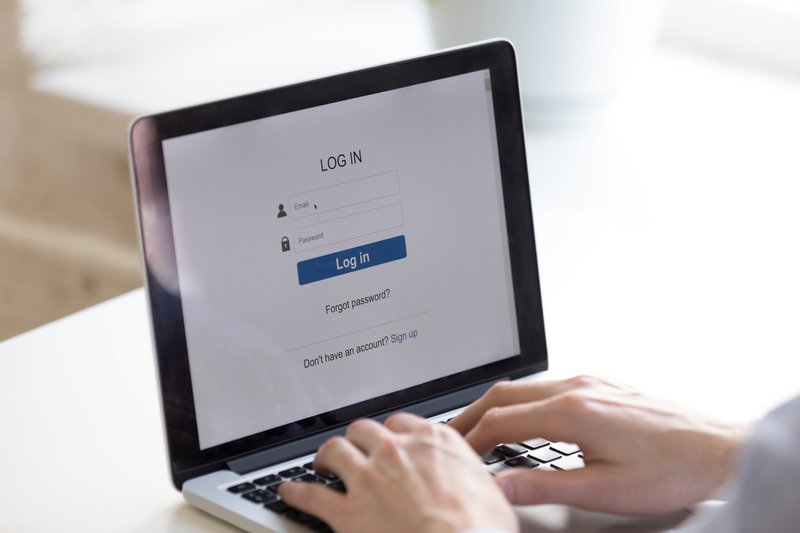Data Privacy Day: Six ways to protect your personal data
Updated | By Poelano Malema
Learn how to stay safe
online and how to protect your personal data.

Today, 28 January, is Data Protection Day. Data theft is a serious concern that can result in identity theft. It can also cause major financial and credibility impacts.
Facebook has shared tips on how to ensure your data is safe.
If your Facebook password is used elsewhere online, then your account may be less secure. Protect yourself and your Facebook friends by choosing a stronger password.
Password tips
- Choose a password that you don't use anywhere else online.
- Make it easy for you to remember and difficult for others to guess.
- Never share your password with anyone.
Turn on alerts
When you turn on alerts, Facebook will let you know if someone logs into your account from a place it doesn't recognise. It will tell you which device was used and where it's located.
Apps
Not all apps are safe to use.
Some apps will steal, modify or delete your data. So, be careful! Before downloading any app, make sure that it is safe to use by doing some research.
Be careful when using public computers or Wi-Fi
Public Wi-Fi networks are not as secure as private ones. You can be more at risk of your data being stolen.
According to Wired.com, no public Wi-Fi network is absolutely secure. According to the site, the security depends on who's on it with you and who provides it.
It also warns to be careful of sites that ask a lot of personal details, like your email address or your phone number.
Limit AirDrop recipients
Apps such as AirDrop are a great way to share files, but if unsecured, they can be a problem and put you at risk.
Instead of setting it to receive files from all recipients, limit it to contacts only, or turn off the feature unless you need to receive files.
Don’t click on remember or save the password on your laptop
It is safer to always put in your password every time your computer or laptop requires you to. Remember password might also put you at a risk that if someone else gets hold of your laptop, they can access your personal data.
Image courtesy of iStock/ @fizkes
READ: What’s your data privacy worth to you?
Show's Stories
-
Fish fever hits KwaZulu-Natal
The cooling temperatures across KwaZulu-Natal are signalling the start o...
East Coast Breakfast an hour ago -
Korean in SA asks: “Why do we need a TV licence?”
"There is one thing I really don't understand in South Africa: the TV li...
Carol Ofori 2 hours ago